Imagine training others, not ony how to make the wheel, but how it could be used to make life easier. This trainer had a full-time job. He probably ate well, too, thanks to grateful people.
I should probably explain the “Cave Man” thing. I wrote an inexpensive ebook called The Cave Man Guide to Training and Development. It’s subtitle is “A Common Sense Guide by the CEO of Acting Smarts.” And it seems to be resonating in the training development community. I even have students in several universities using it as a study guide in the formal academic process because it makes plain sense. Still, since it kind of came out of the blue, and as a reaction rather than a rush to make a money, I feel an explanation is necessary.
At first glance, most people think it is like the famous commercial, but it is not, “So easy a caveman can do it.” I’m not addressing simplicity–not that it isn’t–but I am referring to the time when we learned the basics and how going back to basics is not always a bad idea.
It is a way of looking at training and development, and soon at communication in general how we can find solutions we are making so hard and expensive for ourselves. I know I don’t have all the good ideas in the world, but like all of us I am trying to make a difference.
My difference is in pointing out sometimes the obvious, but more often those things we have forgotten. Most situations are no-brainers when you put people in the equation, but we get hung up on this complex and complicated world, and stick to what we know. We leave the very people out who can help us out of the picture because “it isn’t done that way here.” We ignore them or their talents and skills because they don’t fit the papers we’ve written on how it should be done. Too bureaucratic? Perhaps. Do we have to be? Is it all about money? If it is, maybe we should examine why we became a company in the first place, when we had all these new, risky ideas and people with vision.
There is probably some clever quote on how people and companies that don’t change, wither and die, but that sounds more like Poe. Doom and Gloom. But I’m not trying to be gloomy. In fact, just the opposite. What if we looked at every opportunity in the company as a way for people to shine. When they shine, we, their supervisors look good, and the company looks. Companies that do that now are enjoying tremendous staying power when other companies stuck in the near past (not Cave Man times) are faltering in this economy.
Trite as the saying may be, people are our greatest resource, and yet we abuse them and expect them to work for us without complaint because we give them money to support to their families, to survive. Ever really think about why going postal happens? It’s not all deranged individuals; it may have to do with some basic needs not being met and survival of the fittest takes on new meaning, and not a positive one.
 People are trying to survive and for the right opportunity that rewards them with praise and kindness for a job well done, they’ll probably do more for you if couldn’t pay them until the following week–if they truly trusted you. You only get that by trusting them. Of course there are exceptions. People who take advantage, people who use others, people who want power and don’t care who gets in the way. I have my suspicions these behaviors may have manifested themselves over the long term abuse they perceived they received from others. Think not only of Maslow’s Heirarchy of Needs also motivational theories, and Darwin’s evolutionary survival of the fittest–the term, which was not defined by Darwin, but Charles Spenser, a philospher of the day. The term has “evolved” (pun intended) to encompass more than Darwin’s biological theory. I think we can also include Darwin’s basic ideas in the evolution of the human mind beyond Maslow’s actualization as we strive as humans to survive in the modern world certain adaptations are occurring even now.
People are trying to survive and for the right opportunity that rewards them with praise and kindness for a job well done, they’ll probably do more for you if couldn’t pay them until the following week–if they truly trusted you. You only get that by trusting them. Of course there are exceptions. People who take advantage, people who use others, people who want power and don’t care who gets in the way. I have my suspicions these behaviors may have manifested themselves over the long term abuse they perceived they received from others. Think not only of Maslow’s Heirarchy of Needs also motivational theories, and Darwin’s evolutionary survival of the fittest–the term, which was not defined by Darwin, but Charles Spenser, a philospher of the day. The term has “evolved” (pun intended) to encompass more than Darwin’s biological theory. I think we can also include Darwin’s basic ideas in the evolution of the human mind beyond Maslow’s actualization as we strive as humans to survive in the modern world certain adaptations are occurring even now.
Although I am a psychologist, I don’t think in those terms necessarily. I am a communicator, which I think takes in other aspects of the dynamics. I am also a theatre critic.
Strange as it may sound, this unusual combination has brought me to the Cave Man approach. I was a “formal” trainer for a number of years and did it all from managing, developing and delivering training; I was a public affairs officer, which if you don’t know is different from the public relations officer. The public relations officer is thinking about the company, first and foremost, while the public affairs officer is wide open and looking out for the public good, within the realms of confidentiality and propriety. The difference means the public affairs officer cares about the public more directly while the public relations officer is concerned about the public connection to the company. Nothing wrong with either, but there is a different perspective. My job as a critic has enabled me to look at theatre, which as an art, reflects–dramatizes even–the nature of man. The Cave Man. Who we are at our base. Our basic needs. Our desires.
This is the Cave Man Approach. You could probably find some New Age way of branding it, but I like basic. I think it’s fun to imagine what life was life when we were trying to find ways to survive, to grow as a society, to thrive as a community.
I think there were experiences in my life that sent me over the edge, that made me realize things were stupid the way they were. That’s putting it bluntly, but some days I’m not known for subtlety. If saying something is stupid and offends someone. I apologize for offending, but it is stupid. We can do better. One of my most popular blogs is really a rant. It’s called The Needs Assessment Disconnect and I’ve expanded it in my book, The Cave Man Guide to Training and Development. The rant began as I was filling out a needs assessment form. All I could think of was to ask a question: how does this benefit me?
Now remember I was a trainer at the national corporate-level myself and I know how these things come about and how they are used. I felt abused. My boss, who might complain my productivity could be better, is now giving me something else to do without any preamble. The idea is that this training is for me and therefore I should fill out what I think I need, how what we have in-house is useful, and would I train willingly and enthusiastically–ad nausea. All I could think of was to ask a question: how does this benefit me? It didn’t; it benefited the company if they increased productivity because of it. Would I receive credit on my evaluation for taking this training? No, but if I didn’t it would be reflected.
Top it off, we had a meeting later that day and managers were concerned if we gave this same training to contractors who worked for us, they could take that training, put it on their resume and use it on another job. Bet the contractors had it in “their” evaluations.
My point is: all this is fine for the company, but anyone in communication knows the audience (the people) matter most. That’s why you are there. The company has customers. Last I checked they were people, too. Do they want to work with a company or people? I think the answer is people they trust with a company name for reputation.
I think if we look to You’ve heard the term–all we learned in kindergarten? Well, this goes further back. My intention is to make training exciting again and not something we just have to do. Not only that, but people like being included. The needs assessment says we need you, but at the same time “kicks you in the ____.” Training is a mainstay with any organization. Don’t train and people don’t know what to do–let alone be productive. Make that training count. Make it part of their portfolio. The military does.

Every step of the way the training is counted, rewarded and respected by peers.
I wrote a piece asking why all training and professional development couldn’t be like training for your black belt. See the article and you’ll see what I mean. Every step of the way the training is counted, rewarded and respected by peers. We say accomplishments say what we are capable of; training is an accomplishment. On the other hand, training alone doesn’t cut it, but fix that by being honest.
You may have a job to fill and I may need that job, but one day I’m just going to wish I could punch you out for treating me like an idiot… Can’t say that much does much productivity. Or, job growth for either one of us. Then, the Cave Man would have used his club. Problem solved.
Better yet, let’s embrace the Cave Man. Let’s see if we can get rid of petty maneuvering for power and reward merit. It doesn’t always have to be a promotion. People know others may have more what it takes to do a certain job and should be rewarded for it. Recognize or seek to know other talents your people may have and interests they might want to pursue. You might discover something wonderful to benefit all in the form of a new product or process. Maybe some ways we do things have to be do overs, starting with the people. Leave egos and clubs behind and talk as people.
My book, The Cave Man Guide to Training and Development, is available now. It’s inexpensive and is available in several downloadable e-book forms, including basic PDF. I hope to have another one on The Cave Man Guide to Communication, I think. Nothing is in stone. Smile. My blogs here on The Free Management Library do reflect my own opinion, but I do accept opposing view and even guest bloggers. Check out the link at the top. The place to find my other writings as well is currently called Acting Smarts (which works well for theatre, not so much for training) will be changing to something like Cave Man Training and Communication. I am available for speaking engagements, training development and delivery, speech and acting coaching–just give me a call. An unusual idea to discuss, I’m willing to listen, but not necessarily to invest. I work for a living.
No one likes to feel like a mark, or like someone just knows they are smarter and can help be a success. In my opinion never start by trying to sell me anything. I offer a lot of free ideas and advice, and relish relationships. I’d rather get your repeat business and have you refer me to others than sell you a package you may not need. In fact, I believe in customization, but that’s another blog. Happy training.





Leave a Reply
You must be logged in to post a comment.